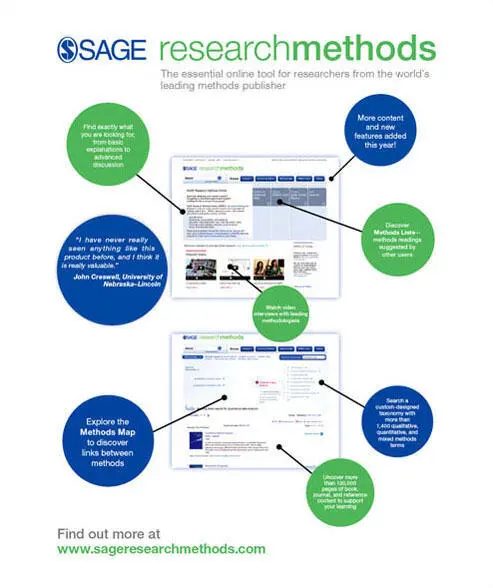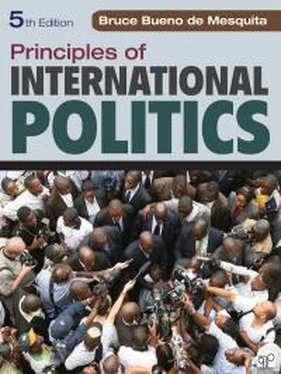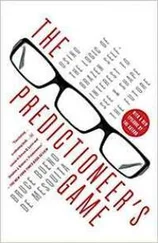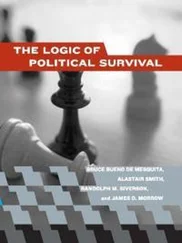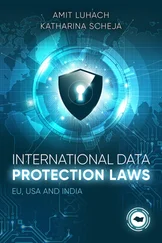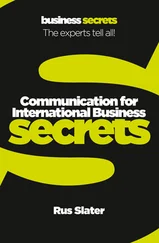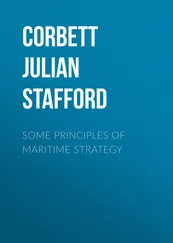inclusiveness of, 263
membership, 199, 395, 497
United Nations Millennium Challenge Program, 389
United Nations Security Council (UNSC)
Cuban missile crisis, 19–20
decision-making rules, 264–265, 428, 464–465, 497, 502
membership dynamics, 190, 395, 396 (figure)
United States (U.S.)
alliance politics, 178 (figure), 179
arms control negotiations, 72, 222
China and, 190
Cold War politics, 179, 496, 497, 498, 499–501
colonialism and, 491, 492 (map)
Cuban Missile Crisis and, 19–21, 211–215
currency policy of, 197–198
democratic peace and, 452, 453–454
democratization efforts ( see Democratization)
domestic institutions, 85–86, 378
economic recession, 503
electoral system of, 21, 81, 90 (note 7)
end of Cold War analyzed, 502
environmental issues, 245, 280–281, 282–283, 284, 285–286, 288–291
foreign aid policy, 386–388, 389, 416, 417
foreign policy choices, 219–220
historical developments, 485–486, 487–488, 490, 491
international power and status, 193
Iranian politics and, 325, 501
Korean politics ( see North Korean nuclear program)
NATO Kosovo mission, 280
responses to citizen protests, 403
role in international system, 197
Somalia intervention, 199, 208
terrorist attacks, and responses, 68, 417, 421–422, 457, 476, 481 (note 2), 502–503
trade politics and, 61, 339, 344–347, 348, 358
treaty power and obligations, 296–297
voting rights and, 472, 489
World War I, 492–493
World War II and aftermath, 495–496, 497
Universal Declaration of Human Rights, 302
Universal domain, 14
UN Treaties on Human Rights, 241
Updated belief, 426
Uruguay, 324
U.S. Agency for International Development (USAID), 391 (box)
Useful assumptions, 41, 42–43, 45–46, 51, 59
USS Abraham Lincoln, 454
USS Cole, 502
Utility, 107, 127
See also Expected utility
Value judgments, 42
Vanguard of the proletariat, 58, 493
Variables, 25
dependent, 26, 39–40, 43, 51, 52, 53, 55
independent, 26, 39–40, 43, 53, 55
Variance, 269–270
Venezuela, 61, 166, 244, 305, 461, 473
Veto
median voter theorem and, 110–111, 113, 118, 120, 123
United Nations and, 5, 190, 264, 265, 428, 464, 465, 497, 502
Vienna, 481, 483
Vienna Declaration, 302, 304, 306
Vietnam, 30, 61, 191, 318, 319, 493
Vietnam War, 210, 219, 223, 500
Voting rights, 472, 489
War
arms race relationship to, 237
as ex-post efficient, 209–211
as inefficient solution, 169, 209, 240
border disputes as cause of, 70, 229
expected utility of, 130–131, 140, 155, 162
factors affecting risk of, 168–175
Marxist prediction about, 58–59
military intervention distinguished from, 458 (note 7)
pacific doves hypothesis and, 225–228, 421
power transition theory on, 195–204
realist and neorealist theories on, 23–24, 175–195
resurrection hypothesis on, 217–219, 223–225
rules of conduct, 167–168
selectorate theory on, 229–237
strategic theories on, 55
structural theories on, 195–204
war-timing decisions, 77
See also specific wars
War effort, 190, 231–237
War of the League of Augsburg, 192
War of the Spanish Succession, 192, 486, 487
War on terrorism. See Terrorism and terrorists
Warsaw Pact, 179, 199, 470
Washington, George, 487, 488
Water (riparian) rights, 243–244
Weimar Republic, 470, 494
Weinberger, Caspar, 452
West Germany, 387, 470, 471, 497, 501
Westphalia, Treaty of, 192, 314, 317, 318, 483–484
“What Is to Be Done?” (Lenin), 58
William and Mary (king and queen of England), 486
William the Conqueror (duke of Normandy), 479
Wilson, Woodrow, 198, 208 (note 2), 444, 493
Wing-walking principle, 36, 47–51, 56, 59, 60
Winner-take-all situations, 135, 170–172
Winning coalitions
concepts delineated, 81–86
identifying and assembling, 82–94
terms defined, 65, 79–80, 81
Win sets, North Korean nuclear program, 114–124
Women’s rights, 27
World Bank, 136 (note 10), 273, 308, 351, 380–381, 386, 389, 390
World Trade Center, 68, 502
World Trade Organization (WTO), 198, 241, 261, 324, 345
trade liberalization role of, 356
World War I, 192, 491–493
alliances, 178 (figure)–179, 491
Marxist predictions, 58–59
origin and causes, 491
outcomes and consequences, 492–493
protectionism and, 326
war effort, 235, 236 (figure)
World War II, 192, 495–496
outcomes and consequences, 496–497
war effort, 235–236
Yalta summit, 496
Yamamoto, Isoroku, 62
Yemen, 68, 402, 502, 503
Yugoslavia, 481, 502
Zaire. See Democratic Republic of the Congo
Zardari, Asif Ali, 461 rights, 27
Zimbabwe, 27, 29, 368, 402, 413, 469
Zimmerman telegram, 208 (note 2)
CQ Press, an imprint of SAGE, is the leading publisher of books, periodicals, and electronic products on American government and international affairs. CQ Press consistently ranks among the top commercial publishers in terms of quality, as evidenced by the numerous awards its products have won over the years. CQ Press owes its existence to Nelson Poynter, former publisher of the St. Petersburg Times , and his wife Henrietta, with whom he founded Congressional Quarterly in 1945. Poynter established CQ with the mission of promoting democracy through education and in 1975 founded the Modern Media Institute, renamed The Poynter Institute for Media Studies after his death. The Poynter Institute ( www.poynter.org ) is a nonprofit organization dedicated to training journalists and media leaders.
In 2008, CQ Press was acquired by SAGE, a leading international publisher of journals, books, and electronic media for academic, educational, and professional markets. Since 1965, SAGE has helped inform and educate a global community of scholars, practitioners, researchers, and students spanning a wide range of subject areas, including business, humanities, social sciences, and science, technology, and medicine. A privately owned corporation, SAGE has offices in Los Angeles, London, New Delhi, and Singapore, in addition to the Washington DC office of CQ Press.
